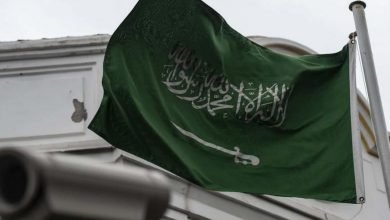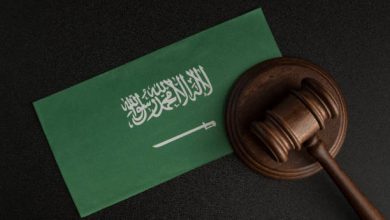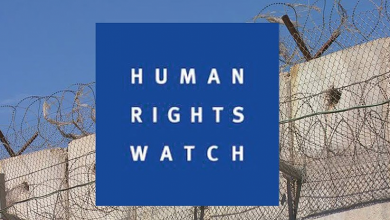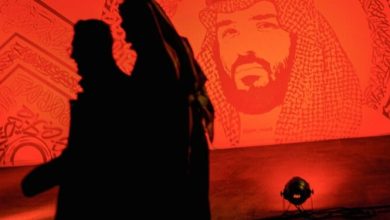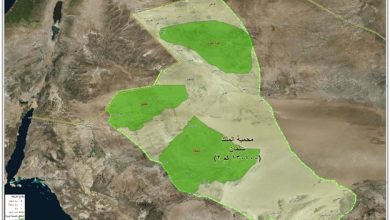CATO Institute: The Saudi regime threatened by its lack of local political legitimacy
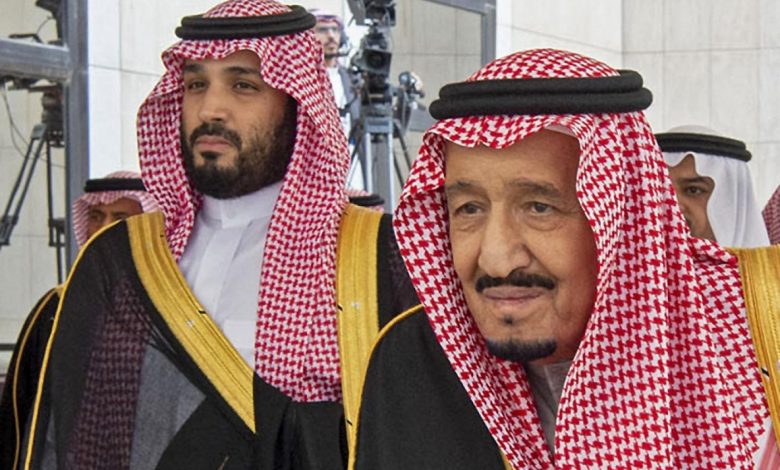
The CATO Institute for Studies said that the Saudi regime is exposed to a constant internal threat as it lacks domestic political legitimacy.
The institute highlighted that an authoritarian regime rules Saudi Arabia in an analytical article. The kingdom rated 7 out of 100, making it one of the ten most repressive countries globally.
It referred to Freedom House’s index of freedoms, which describes Saudi Arabia as restricting nearly all political rights and civil liberties.
No official in Saudi Arabia has been elected at the national level. The regime relies on widespread oversight, criminalization of dissent, crushing of sectarian and ethnic rights, and public spending backed by oil revenues to maintain power.
According to the institute, “Saudi Arabia had become a more harmful factor for the international community than Russia, especially when Crown Prince bin Salman assumed effective government control.”
The institute believed that “those who celebrate the recent social liberation carried out by bin Salman do not know that he made the state more authoritarian than China during the era of Mao Zedong and North Korea during the era of Kim Il Sung and that the crown prince does not make a free society.”
It indicated that bin Salman is betting on Donald Trump’s return to power in the White House after the former US president worked as an advisor to the Al Saud criminal family.
The institute drew attention to bin Salman’s anger at the administration of US President Joe Biden over its publication of a report on the killing of Saudi dissident journalist Jamal Khashoggi.
It said that for Mohammed bin Salman, who used to kidnap, imprison, kill and even dismember his critics, such behavior by Washington is unforgivable.
“If officials in Washington are going to confront Russia about internal repression and external aggression, they cannot excuse Saudi Arabia from that,” It added.
It stressed that the credibility of the United States would be at stake if Washington responded to Riyadh’s demands as if it were a weak third world country and not a global superpower.
This classification no longer has anything to do with the promotion of terrorism in the natural sense of the word. Instead, it is an arbitrary designation used for political purposes. The US administration should announce that it is considering placing Riyadh and Abu Dhabi as the state sponsors of terrorism.

